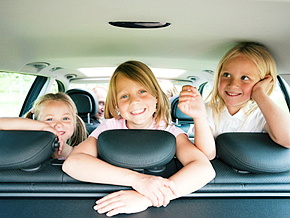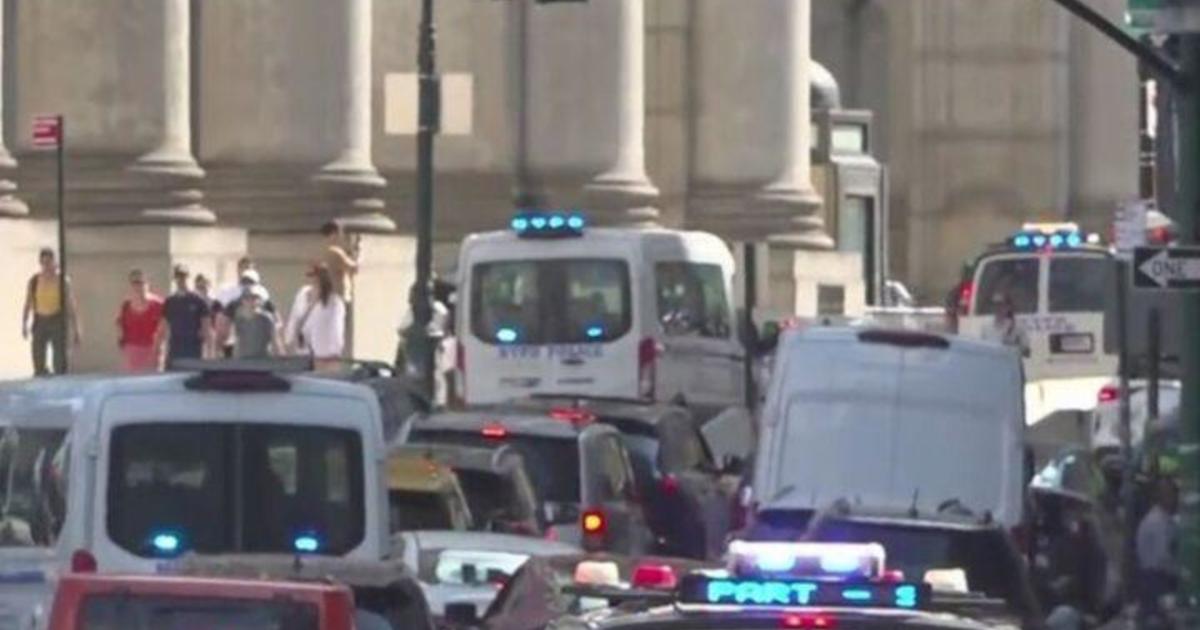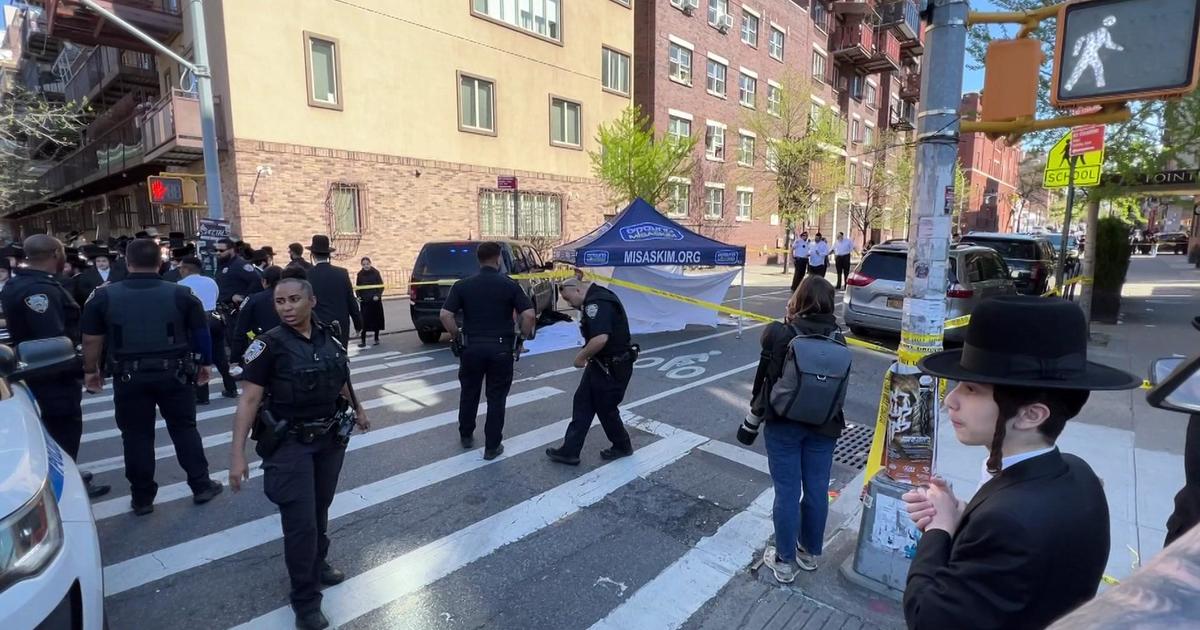5 Driving Tips To Protect Your Family

With every New Year's Day come the inevitable resolutions that many of us never quite get around to carrying out. As parents and drivers, however, there are five areas that we can and should pay attention to concerning our driving behavior, and what we model for our children.
The AAA Foundation for Traffic Safety has issued a pretty straightforward challenge to all motorists to adopt safe driving techniques as part of their overall New Year's resolutions. There are five key areas of concern where drivers can make a significant difference. We'll look at each of them from the family perspective.
No texting or cell phone use while driving. Findings from the AAA's just-released 2011 Traffic Safety Culture Index show that a huge majority (94 percent) of American drivers consider texting and driving a serious threat to safety, yet more than a third say they continue to do receive texts and 26 percent say they've sent a text while driving in the past month. Regarding talking on the cell phone, taking or making calls, 68 percent admit to doing so, while 31 percent say they do so regularly.
Texting and cell phone use are examples of distracted driving and, as parents, we should be cognizant of the fact that distracted driving results in many tragic injuries and deaths each year. Although there are texting bans on drivers in 35 states and the District of Columbia and research shows that a majority of Americans (71 percent) favor bans on hand-held cell phones, this is an issue where each of us can take personal responsibility.
Put away the cell phones and texting devices. Turn them off so we're not tempted to pick up a call or take note of a text message. Above all, be aware that our behavior is closely watched by all our children, especially youngsters under five who are beginning patterning and modeling behavior.
No more drinking and driving – ever. With designated drivers, stay-at home events, tipsy-tow services and the like, there's simply no good reason to drink and then get behind the wheel. Is it really so necessary to tip back a few beers and then drive home? Even if we think we're perfectly capable of driving after a couple of drinks, research shows that our reaction time and judgment are already affected.
And the blood alcohol content (BAC) laws are not very forgiving in many states. In California, for example, you can be pulled over and cited for DUI with a BAC of above .03, even though the legal limit is .08. As for drivers under age 21 in California, it's illegal to drive with a BAC of .01 and above.
This resolution to not drink and then drive may take some practice, but the potential tragedy isn't worth the risk. Besides not drinking yourself and driving, be sure to stress to your children that such behavior is not only dangerous, it won't be tolerated.
Slow down to live. We've all been late for work or school or some appointment. It seems to be in some of our natures to wait until the very last minute to get up or get out the door, even though we're well aware of our obligations. As a result of our own tardiness, we are prone to speeding through that intersection, making a floating or no stop, jackrabbit starts at lights, going 10 mph or more above the speed limit, taking chances on curves and so on.
This type of behavior is foolhardy and something that we can and should change. By adding 15 minutes to our daily schedule, and those of our children as well, we can help cut down on the tendency to speed. It's a good resolution that we can easily adopt for the New Year.
Know when we're tired and don't drive. If we've been staying up late to catch up on work at home, watching movies, tending to sick or colicky babies or couldn't sleep well ourselves because of health reasons, we may be too tired to drive. Ditto if we're trying to make a long distance trip in one sitting rather than pace it out over a couple of days.
When we haven't gotten enough rest, we're putting our lives, those of our children, and drivers and passengers in other vehicles at risk as well. Our determination to stay awake won't keep our eyes from closing. Neither will caffeine. At some point, our eyelids will simply close and we may cause or get in a crash.
Parents can spell each other at the wheel, if necessary, or bring along a friend who can share driving duties. If we're alone, perhaps coming home from a business trip after a long flight, maybe pull over to a safe place off the road for a quick nap or get a room for the night.
Always buckle everyone up. Every state has seatbelt laws in place, including car safety seat laws for children. Make it a practice to make sure everyone in the vehicle, including the driver, is buckled in before you start the vehicle. It should become a habit, and it's a life-saving one that is simple and easy to do.
________________________________________
This story originally appeared on Family Car Guide.




